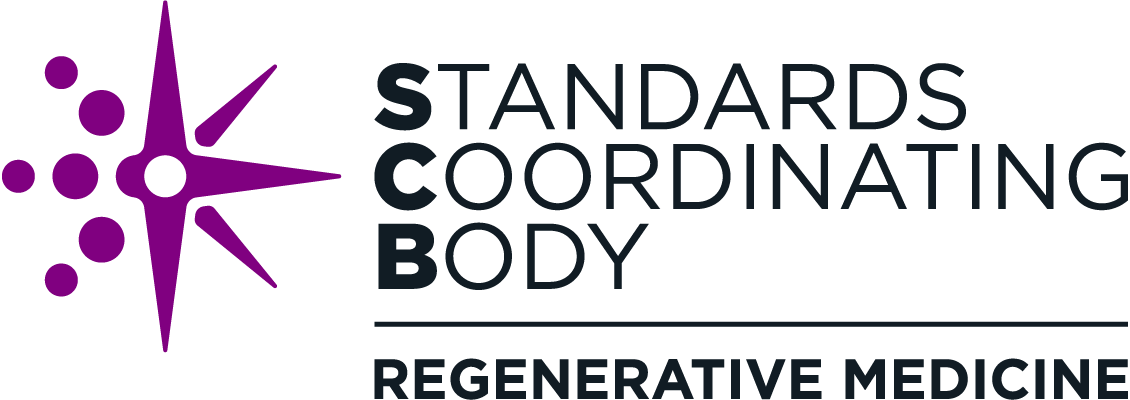SCB Co-Hosts Standards Needs Identification Workshop
On November 16–17, 2023, FDA, NIST, SCB, USP, and Nexight Group convened a hybrid workshop centered on the identification of standards needs for gene and cell therapy product assessment. The workshop was attended by more than 50 in-person stakeholders and 180 virtual stakeholders from industry, academia, standards development organizations (SDOs), and government agencies, among other regenerative medicine stakeholder groups.
Each day of the workshop centered around a breakout session that offered participants a chance to engage in detailed discussions of standards needs for gene and cell therapy product assessment. After identifying needs, the groups voted on potential standards that would have the greatest positive impact in the field, resulting in. The top four prioritized standards topics for each group included:
Gene Therapy
Empty/full/partial capsid characterization
Genome titer assays
Standardizing infectivity for adeno-associated viruses (AAVs), adenoviruses, and other viral vectors
Standards for impurities in the manufacturing process
T-Cell and Other Cell Therapies
Phenotype flow cytometry markers/antibodies/controls
Best practices for statistical approaches to comparability analyses
Killing assays for CAR-T products
Assays to assess for presence of replicating viruses
In addition to discussions on standards needs, the workshop included presentations by regulatory and industry representatives on the challenges and best practices in assessing cell and gene therapy products for quality, safety, and efficacy, and areas where it would be most valuable to focus attention for standardization, as well as information on standards and the standards development process.
Get Involved
SCB plans to organize new working groups to advance standards for two of the high-priority topics identified during the workshop:
Empty/full/partial capsid characterization
Killing assays for CAR-T therapies
The working groups will support scoping and drafting of standards on these topics and potentially advance them to SDOs for development. Stakeholders interested in joining a working group should complete this interest survey.
